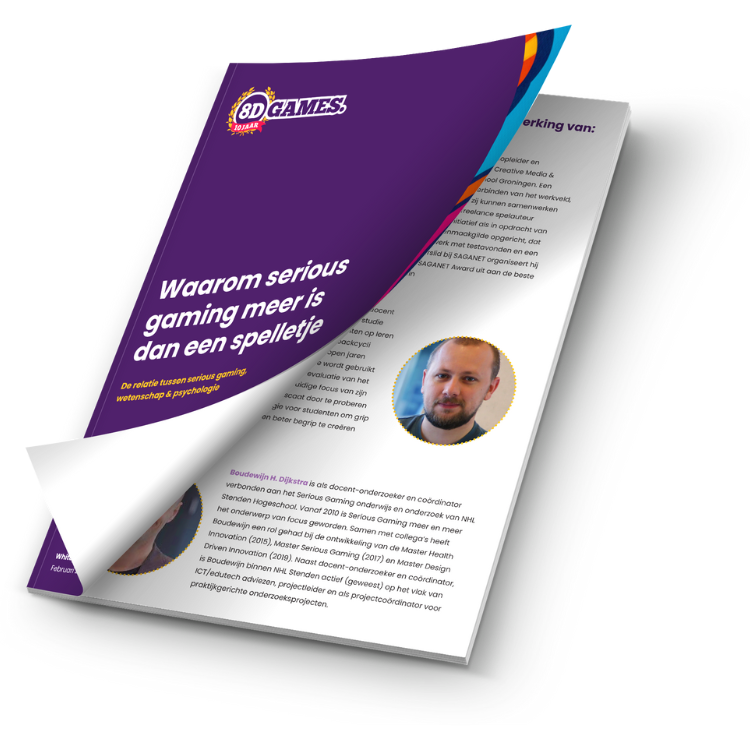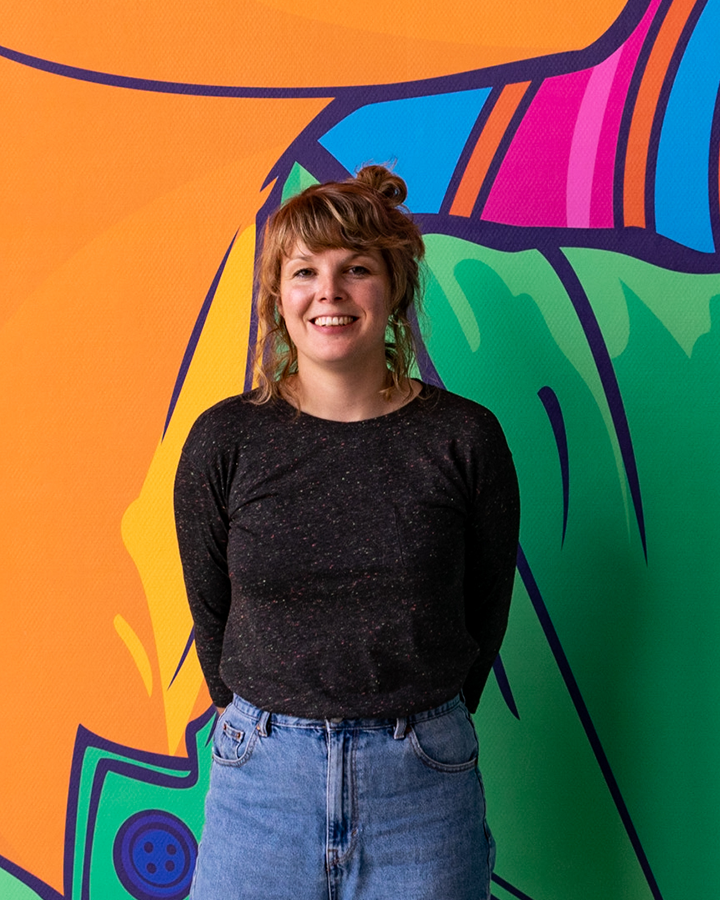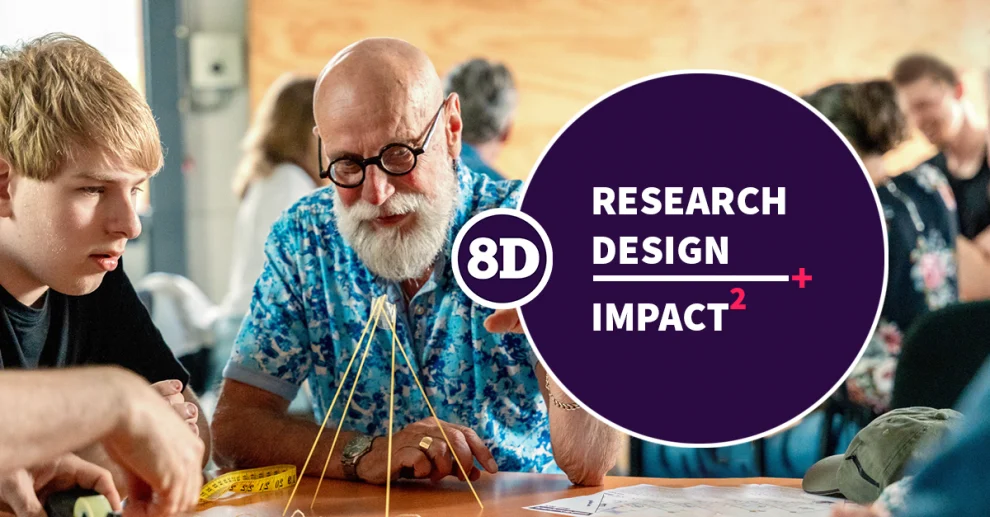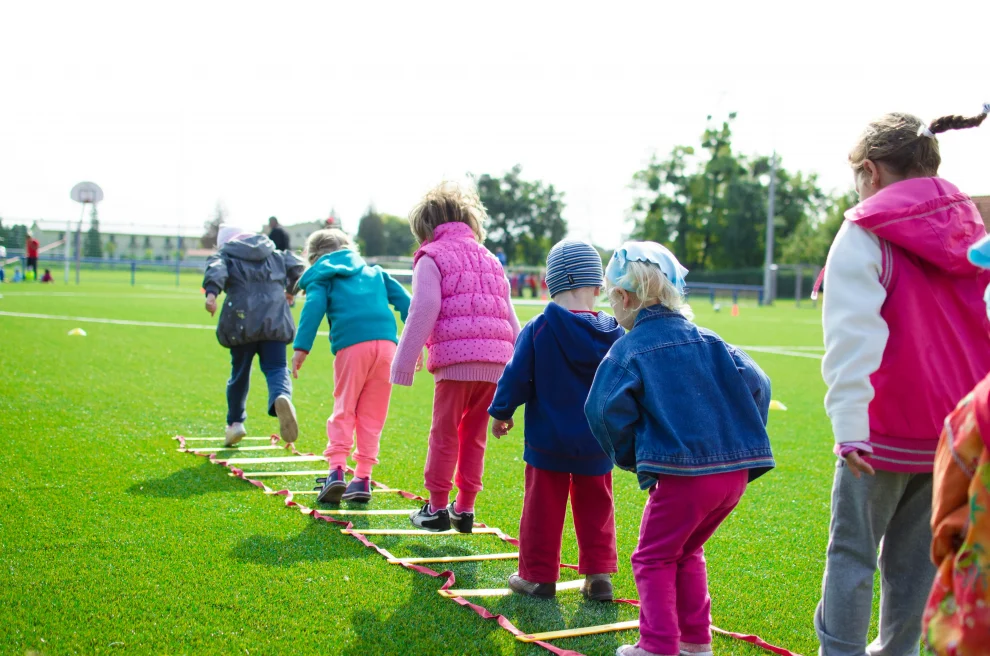This publication was produced with the cooperation of:
Boudewijn Dijkstra
Boudewijn H. Dijkstra is a lecturer-researcher and coordinator of Serious Gaming education and research at NHL Stenden University of Applied Sciences. Since 2010, Serious Gaming has increasingly become the topic of focus. Together with colleagues, Boudewijn has had a role in the development of the Master Health Innovation (2015), Master Serious Gaming (2017) and Master Design Driven Innovation (2019). Besides lecturer-researcher and coordinator, Boudewijn is (has been) active within NHL Stenden in the field of ICT/edutech consultancy, project leader and as project coordinator for practice-oriented research projects.
Steven de Rooij
Steven de Rooij – in addition to being an avid gamer – is a researcher and professor of Serious gaming at NHL Stenden. After completing his studies in Work and Organizational Psychology, he started focusing on learning through simulations and the use of forced feedback cycles to improve the effect of priming. In recent years, he developed the Serious Gaming Lemniscate, which is used to gain insights into the development and evaluation of the end-to-end process of serious gaming. The current focus of his work is to further develop the lemniscate by trying to implement it as a methodology for students to get a handle on “learning to learn,” and to create a better understanding of the entire process of serious gaming.
Arjan van Houwelingen
Arjan van Houwelingen is a lecturer, teacher trainer and study advisor at the program Creative Media & Game Technologies at the Hanze University Groningen.. An important part of his work is connecting the field, research groups and students so that they can collaborate on serious game projects. As a freelance game author, he develops games both on his own initiative and commissioned by clients. In 2015, Arjan founded the Games Making Guild which has grown into a national network with test nights and a vibrant community. As a board member at SAGANET, he organizes seminars and annually awards the SAGANET Award to the best newcomer within the field of serious games.
Bas Altenburg
Bas Altenburg has been working as a game designer and project manager at serious game company 8D since 2019. There he develops board games, VR simulations, gamified apps and everything in between. In his role at the company, he analyzes complex situations in different sectors (healthcare, education, corporate) and develops solutions to challenging issues together with end users. His designs have reached hundreds of thousands of players in the Netherlands and abroad. As project manager he is involved in international consortia, for which he organizes workshops at home and abroad to promote serious gaming. On a local level he also likes to seek out the gaming community: participating or judging at the Global Game Jam, as a speaker at expert sessions, or as a coach for novice designers. Want to know more about his vision on serious games and game design? Watch the recording of the Knowledge Café Serious Gaming of Studium Generale Groningen, where Bas was a guest together with other experts.






